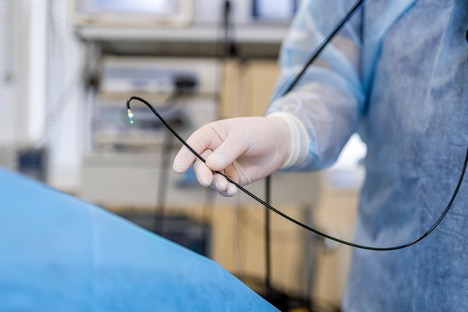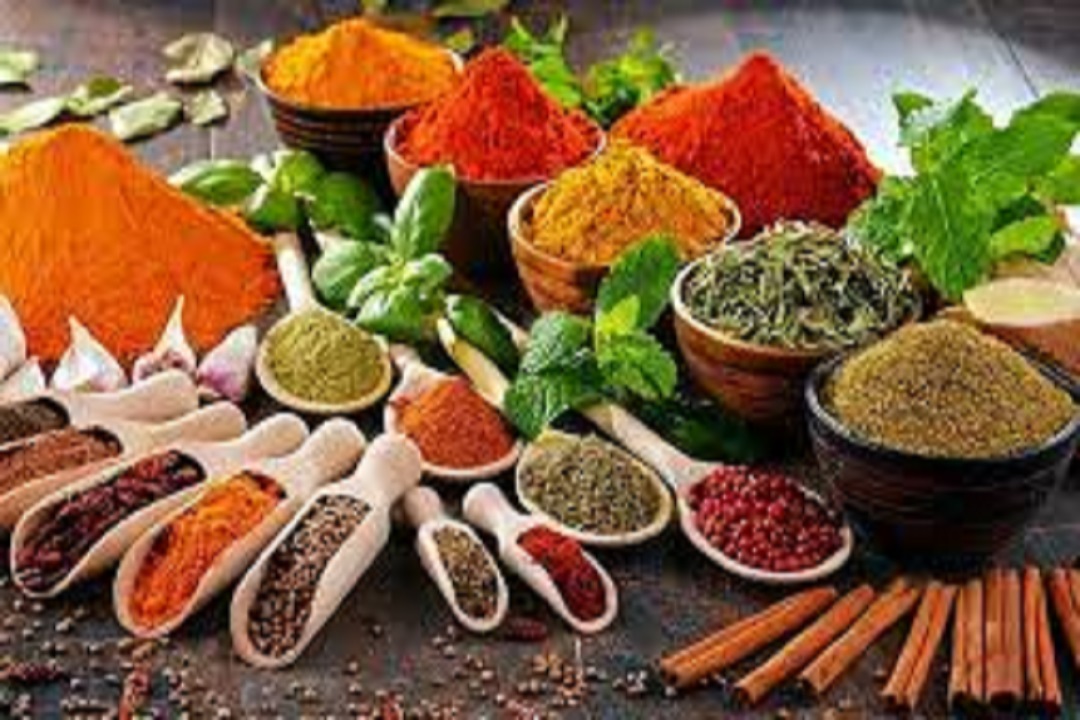Cypress irritable bowel syndrome (IBS) is a common condition that affects many people. One of the most common procedures that gastroenterologists perform is a colonoscopy. This procedure is used to examine the lining of the colon and rectum for abnormalities and is typically recommended for individuals who are 50 years of age or older, or for those who have a family history of colon cancer. If you are scheduled to have a colonoscopy, here is what you can expect.
Preparing for Your Colonoscopy
The day before your colonoscopy, you will need to follow a special diet. This usually involves drinking clear liquids and avoiding solid foods. Your doctor will provide you with specific instructions on what you can and cannot eat. It is important to follow these instructions carefully to ensure that your colon is clean and free of any food or waste that could interfere with the procedure.
You will also need to take a bowel prep medication. This medication is designed to clean out your colon and ensure that it is free of any stool. It is important to drink plenty of fluids during this time to stay hydrated.
The Procedure
During the colonoscopy, you will be given medication to help you relax and reduce any discomfort. You will be asked to lie on your side with your knees drawn up to your chest. Your doctor will then insert a long, flexible tube with a camera and light on the end into your rectum and guide it through your colon. The camera will transmit images to a monitor, allowing your doctor to examine the lining of your colon for any abnormalities.
If your doctor sees any polyps or other abnormalities, they may take a biopsy or remove them. This is done using small tools attached to the end of the tube. You may experience some discomfort during this process, but it should not be painful.
Recovery
After the procedure, you will be taken to a recovery room where you will be monitored until the effects of the medication wear off. You may experience some cramping or bloating, but this should go away within a few hours. You will be given specific instructions on what you can and cannot eat or drink for the next few hours or days. It is important to follow these instructions carefully to ensure a smooth recovery.
If your doctor took a biopsy or removed any polyps, the results will be sent to a lab for analysis. Your doctor will discuss the results with you and determine if any further treatment is necessary.
Conclusion
A colonoscopy is a common procedure that can help detect and prevent colon cancer. By following your doctor’s instructions for preparation and recovery, you can ensure a successful and safe procedure.
 Magazine Today
Magazine Today

